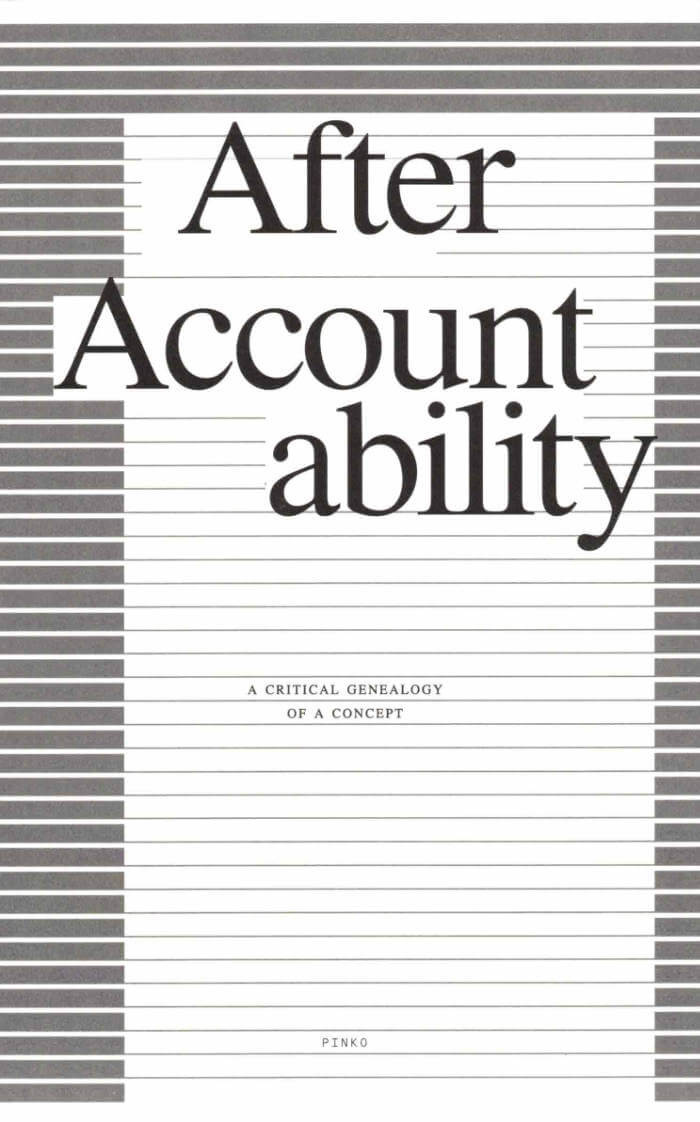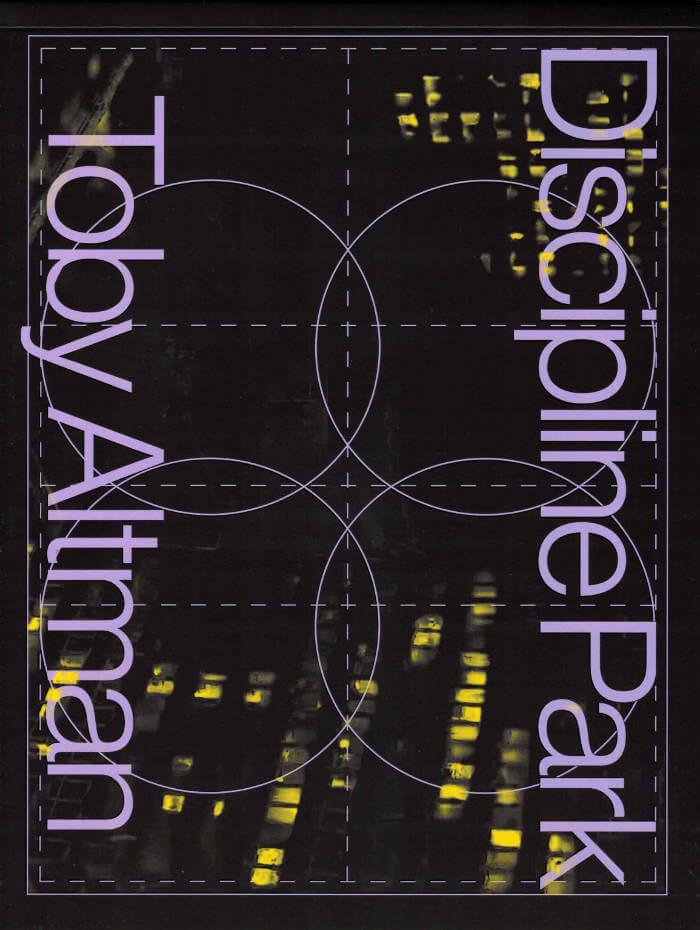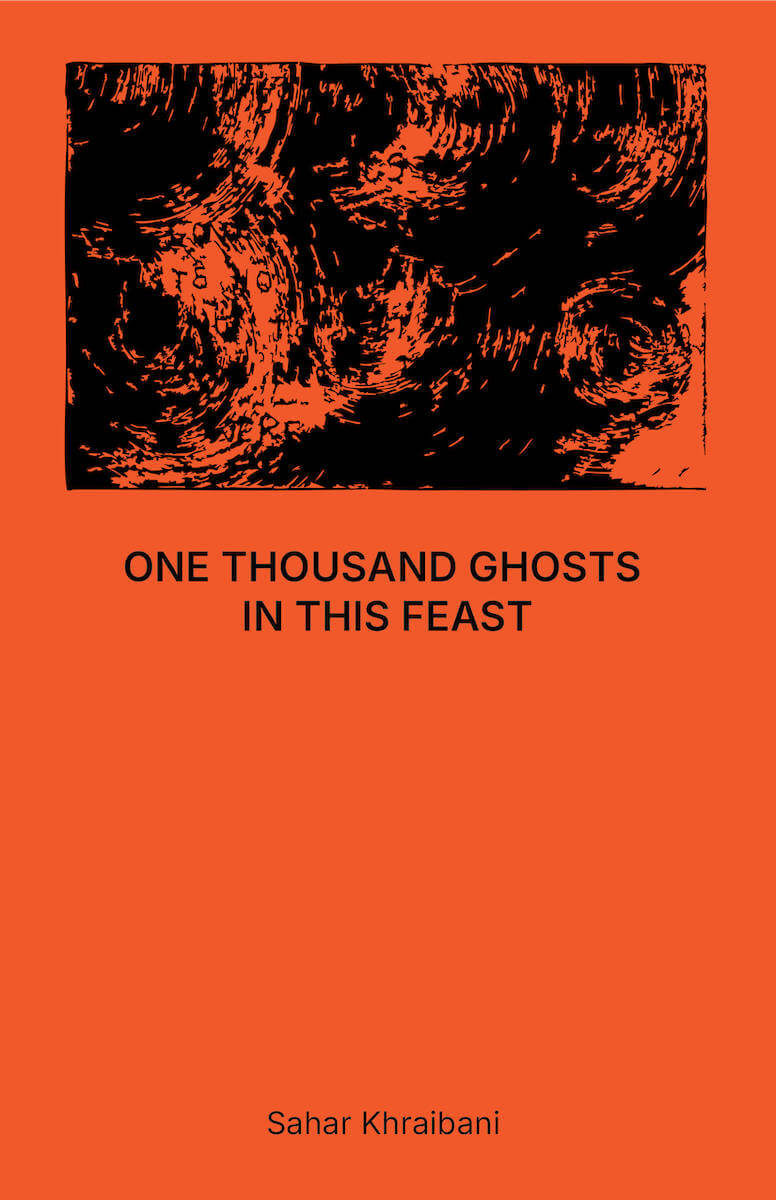
After Accountability
A concept just short of a program, accountability has been taken up as a core principle within leftist organizing and activity over the past quarter century. While it invokes a particular vocabulary and set of procedures, it has also come to describe a more expansive, if often vague, approach to addressing harm within movement work. The term’s sudden, widespread adoption as abolitionist concepts began to circulate broadly in recent years cast light on certain shifts in its meaning, renewing the urgency of understanding its relation to militant history and practice.
After Accountability is an oral history and critical genealogy of this decisive movement concept that gathers interviews with eight transformative justice practitioners, socialist labor organizers, incarcerated abolitionists, and activists on the left conducted by members of the Pinko collective. An investigation into the theoretical foundations and current practice of accountability, this volume explores the term’s potential and limits, discovering in it traces of the past half-century’s struggles over the absence of community and the form revolutionary activity should take.
Pinko is a collective for thinking gay communism together. Pinko publishes a biannual print issue and periodic zines, and hosts irregular essays, translations, and archival material on their website.







